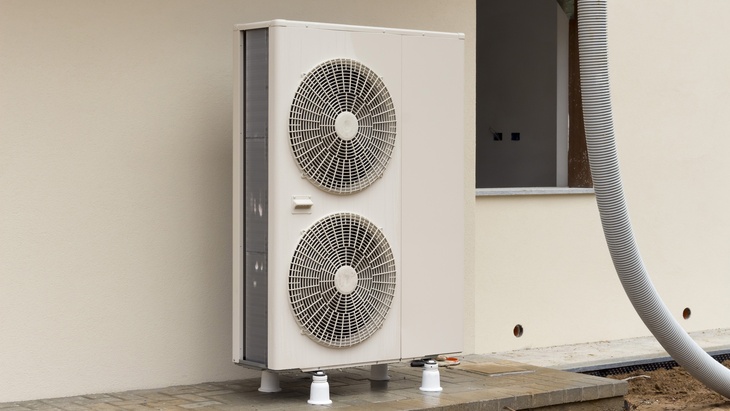Heat pumps are gaining popularity as a viable alternative to conventional cooling and heating systems but their environmental impact is an important aspect to take into consideration. They function by transferring heat, rather than creating heat pump (tepelné čerpadlo) by combustion which could lead to significant reductions in greenhouse gas emissions as well as consumption of energy.
How Heat Pumps Work
Heat pumps operate on a simple principle: they move heat from one location to another, rather than creating the heat from scratch. In the winter, they draw heat from outside air, ground, or even water and bring it indoors. In summer, the process reverses, removing heat from the indoor space and releasing it outside. This method is fundamentally different from conventional systems that use fossil fuels to generate heat.
Energy Efficiency
One of the biggest advantages for heat pump is its effectiveness. They can deliver up to three times more heat energy to a home than the electrical energy they consume. This efficiency is quantified by the performance coefficient (COP) which determines how much heat is produced in a given amount of energy consumed. A typical heat pump has a coefficient of performance (COP) of around 3, meaning it produces three times as much heat than the energy it consumes.
Reduction in Greenhouse Gas Emissions
In the case of using electricity instead of the fossil-fuels used in heating, heat pumps can reduce the emissions of greenhouse gases. The actual environmental benefit depends in the location of electricity used to power the heating system. In areas where the grid is powered primarily with renewable sources of energy, the reduction in emissions can be substantial. Conversely, in areas where electricity is derived mostly by coal or other fossil-based fuels, benefits are less pronounced but still evident.
Environmental Considerations
Although the majority of heat pump owners are ecologically green, they aren’t without environmental responsibilities. The refrigerants in heat pumps could be potent greenhouse gases if leaked. Modern systems utilize more environmentally benign refrigerants, but proper maintenance is essential to minimize the risk of leaks.
In addition, the manufacturing and disposal of heat pumps have an environmental footprint. Manufacturing requires extraction of resources and energy consumption. the disposal process at the end of life requires careful handling in order to avoid environmental damage.
Conclusion
Heat pumps represent a promising technique for cutting down on the use of energy and greenhouse emissions of gases. Their efficiency and ability to make use of renewable electricity makes them an eco-friendly alternative to conventional heating and cooling systems. However, to maximize their environmental benefits it is essential to tackle issues that relate to the management of refrigerants and the impact on the entire lifecycle. With continued advancements in technology as well as a shift towards more sustainable energy sources heating systems are likely to become a more sustainable choice for homeowners looking to minimize their environmental impact.



